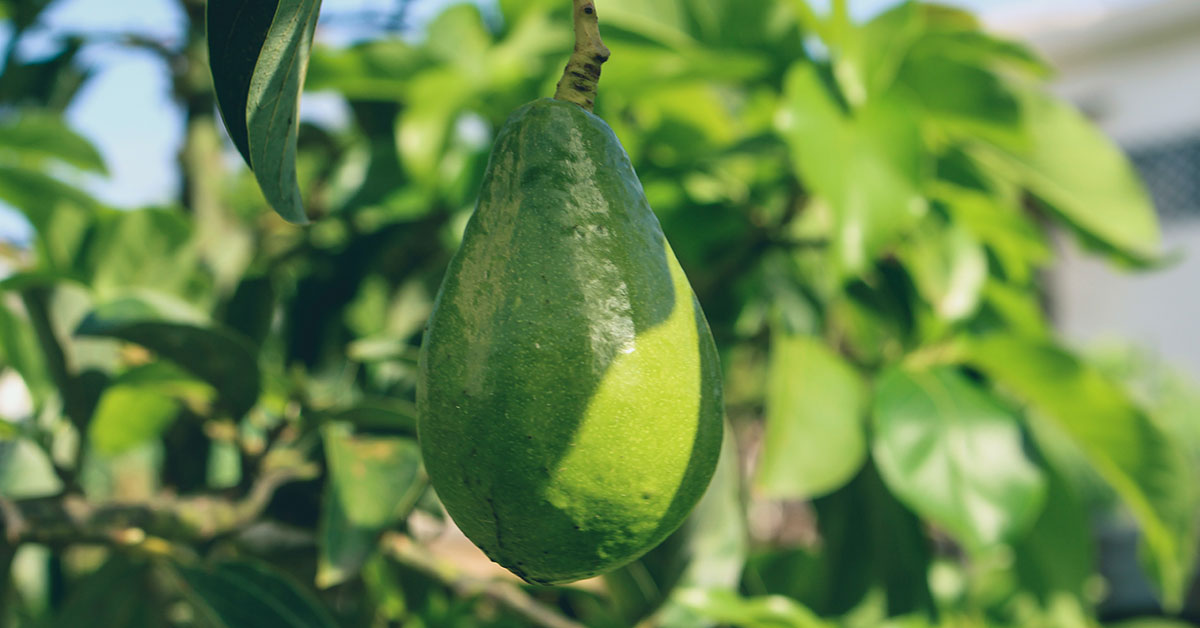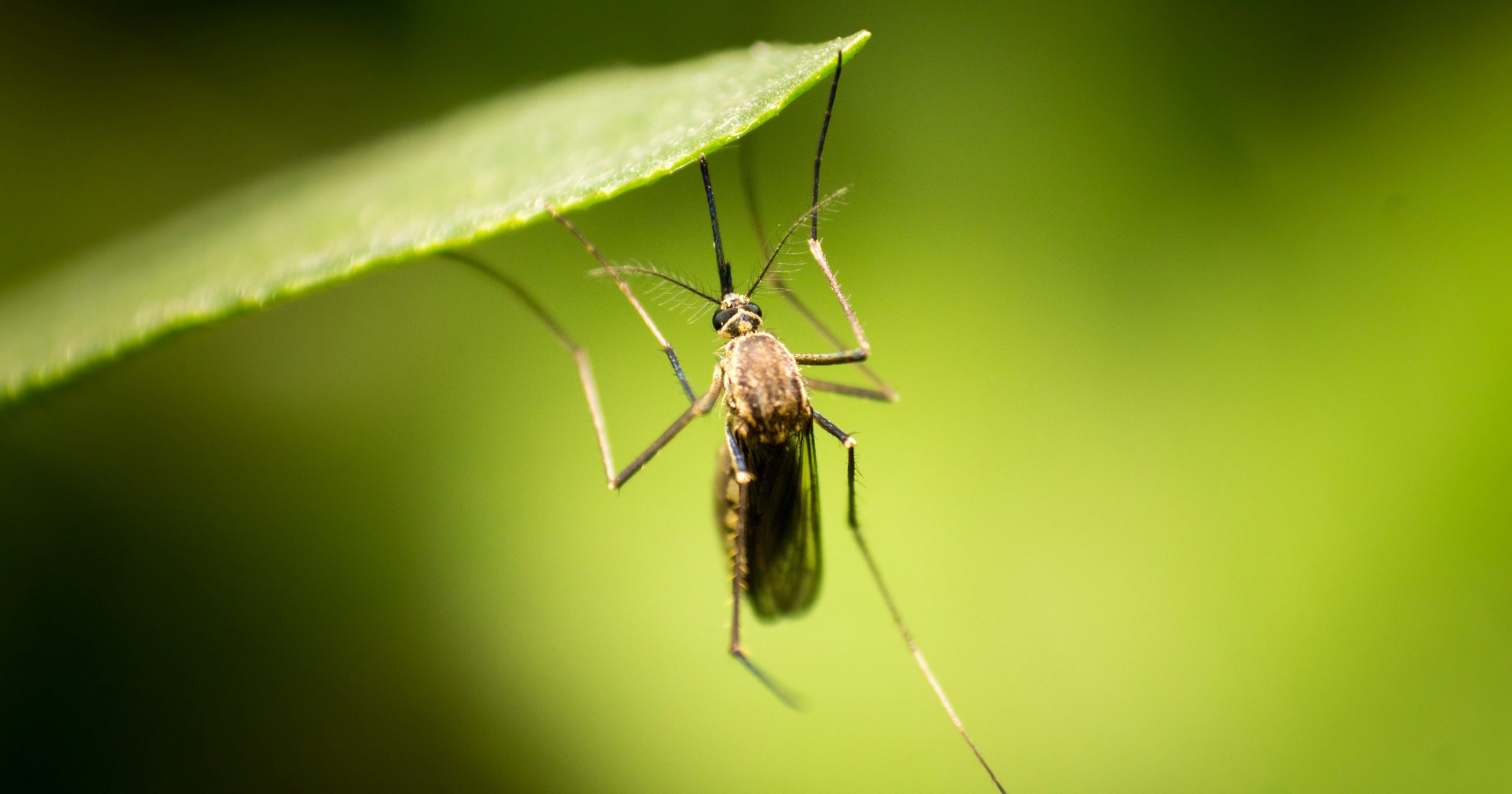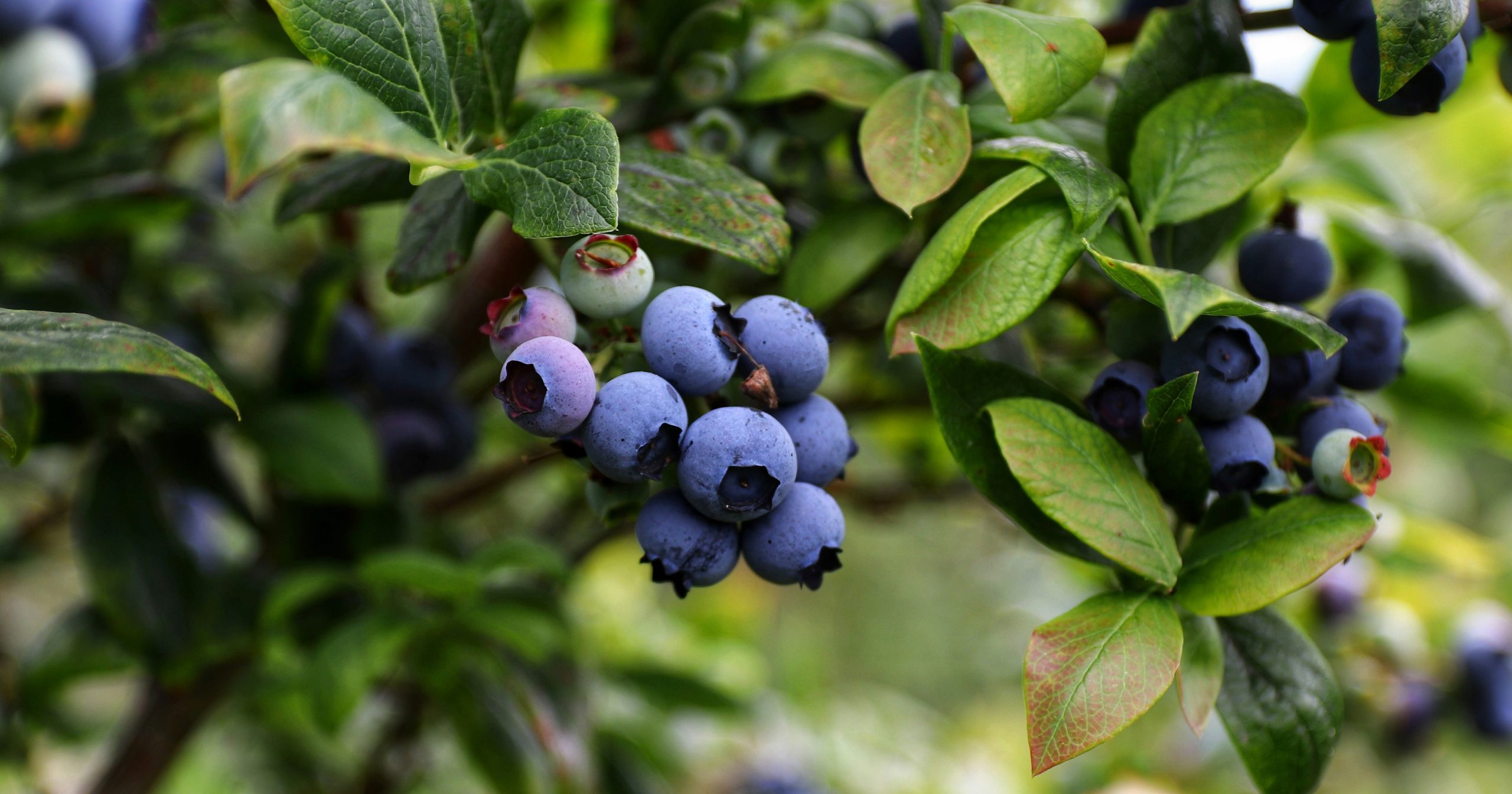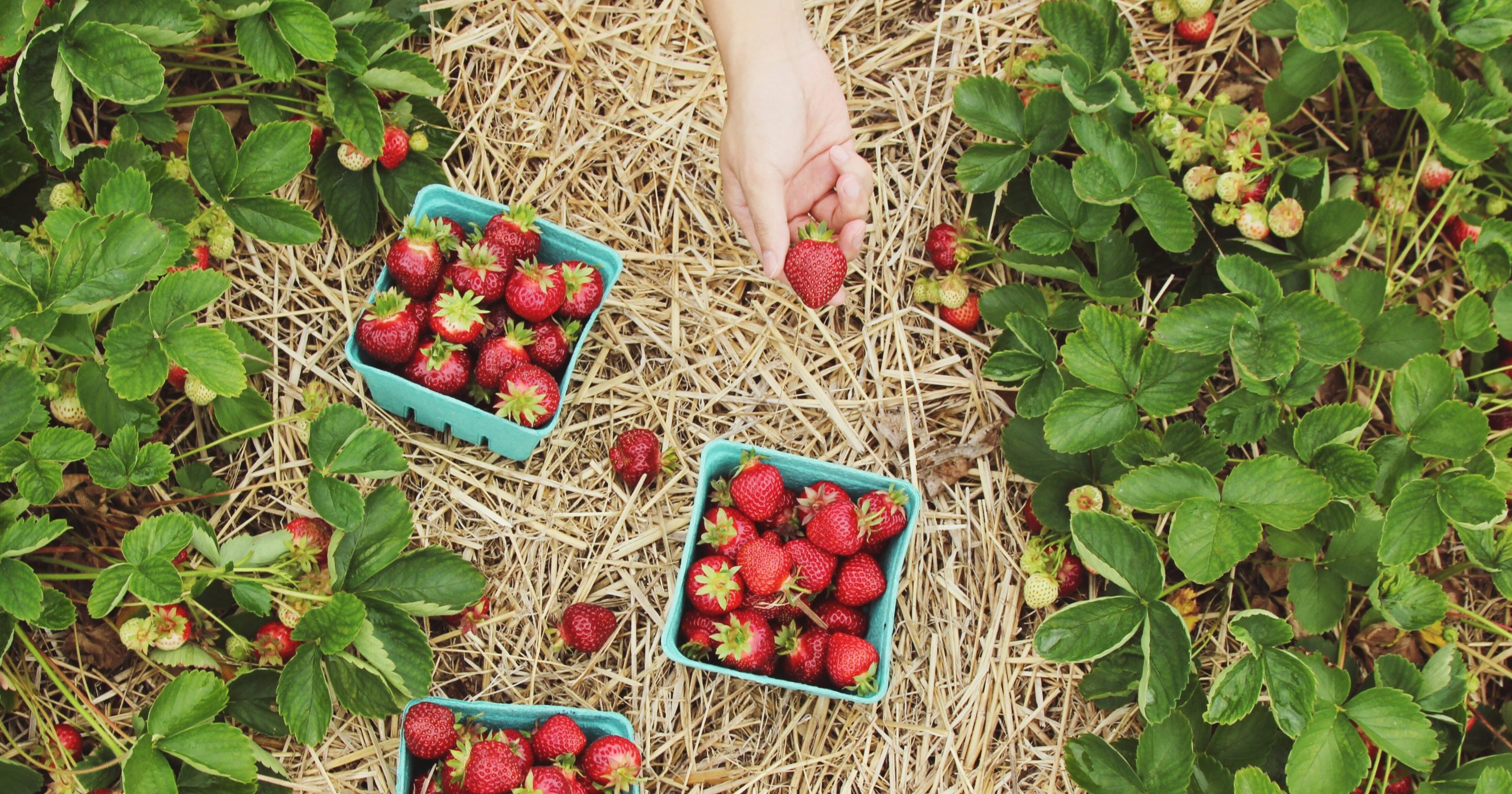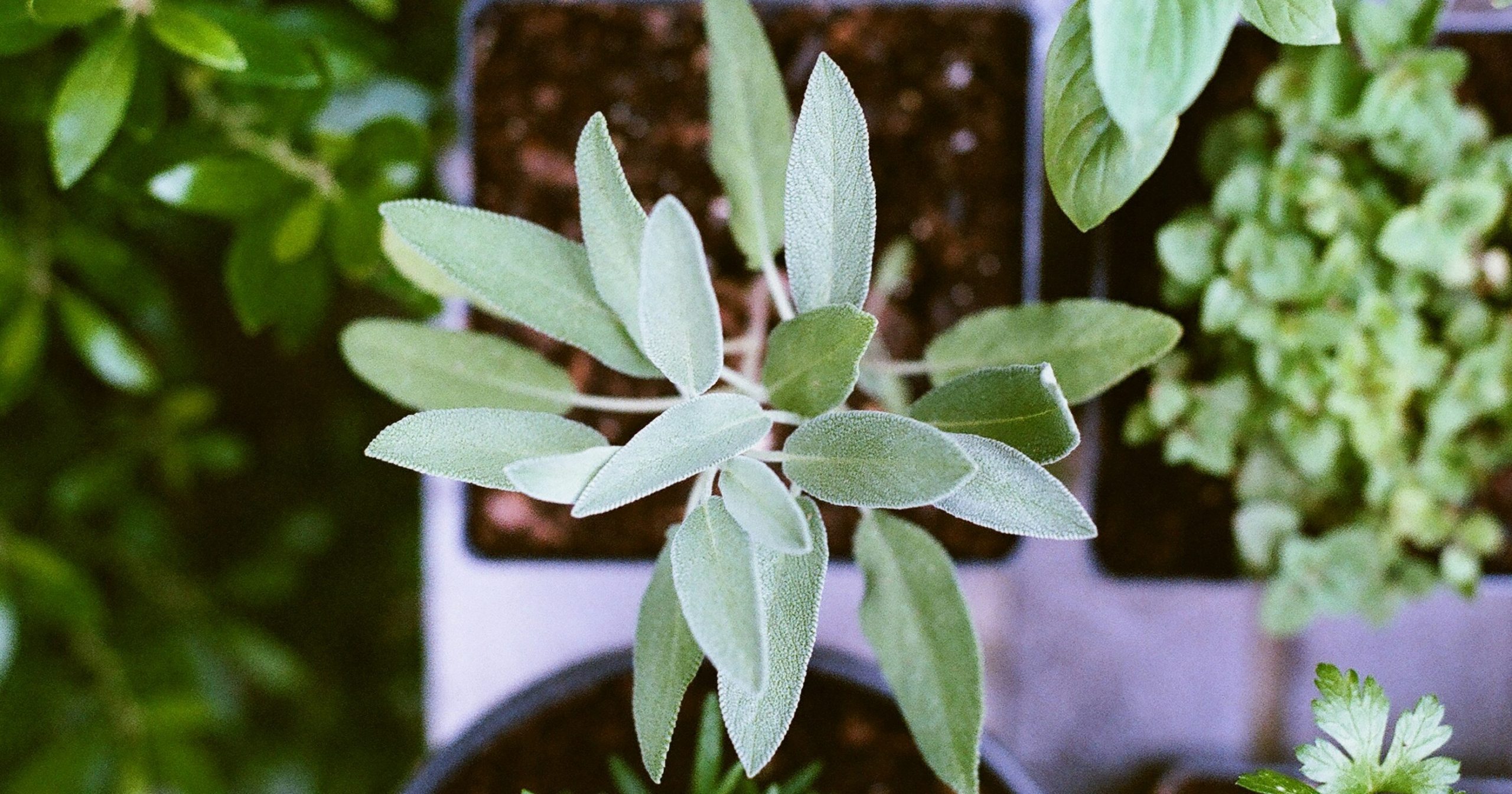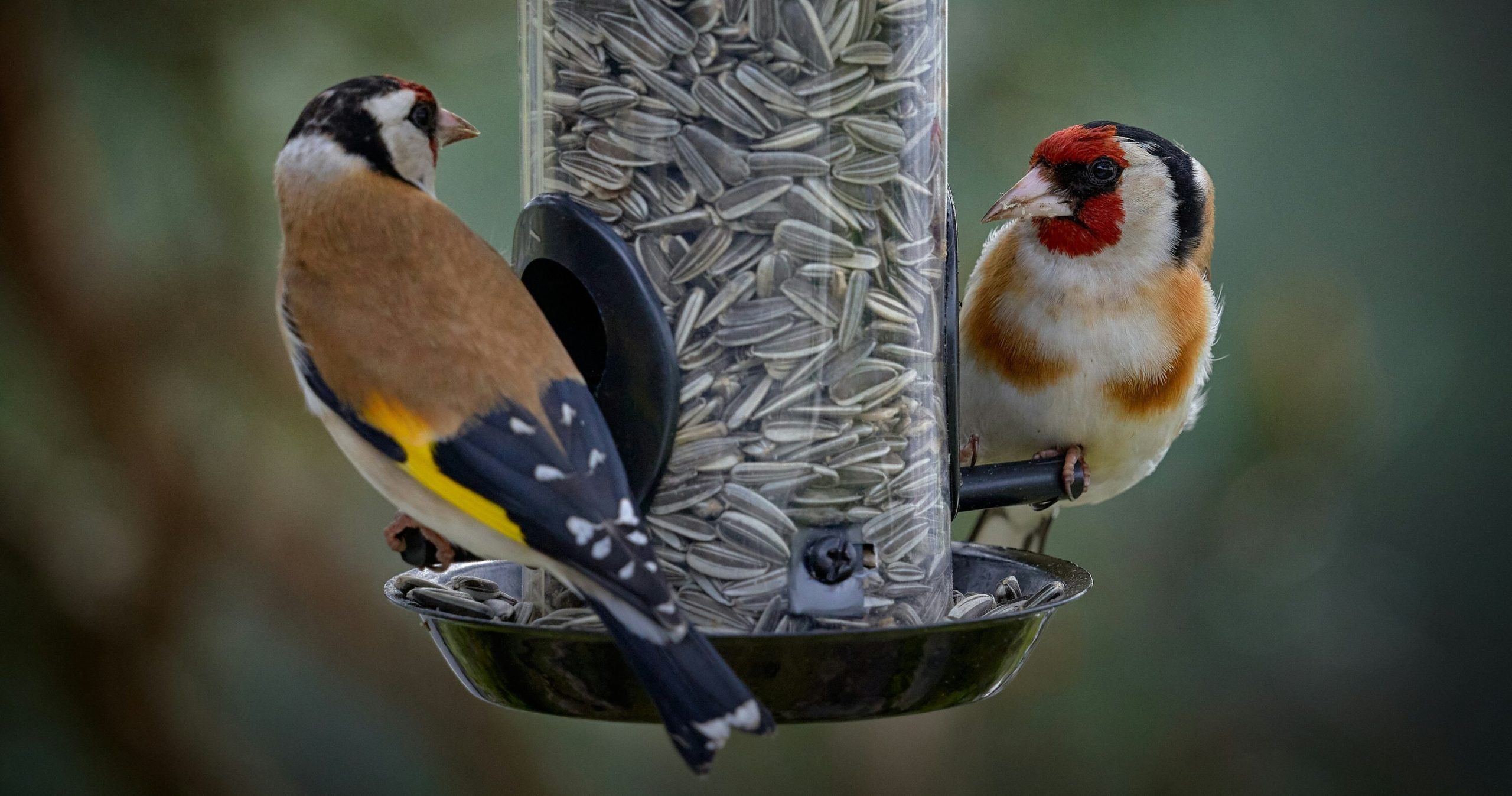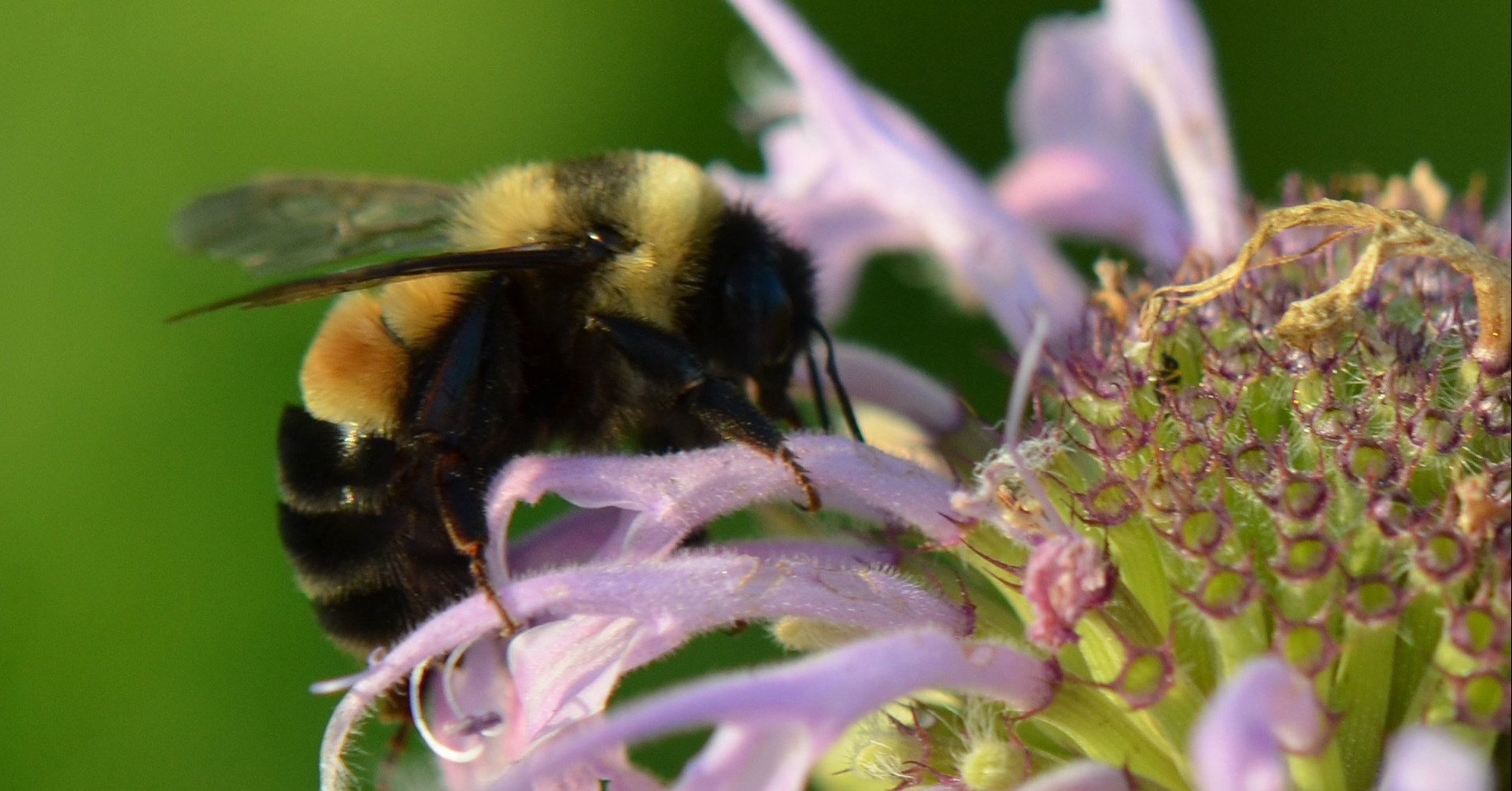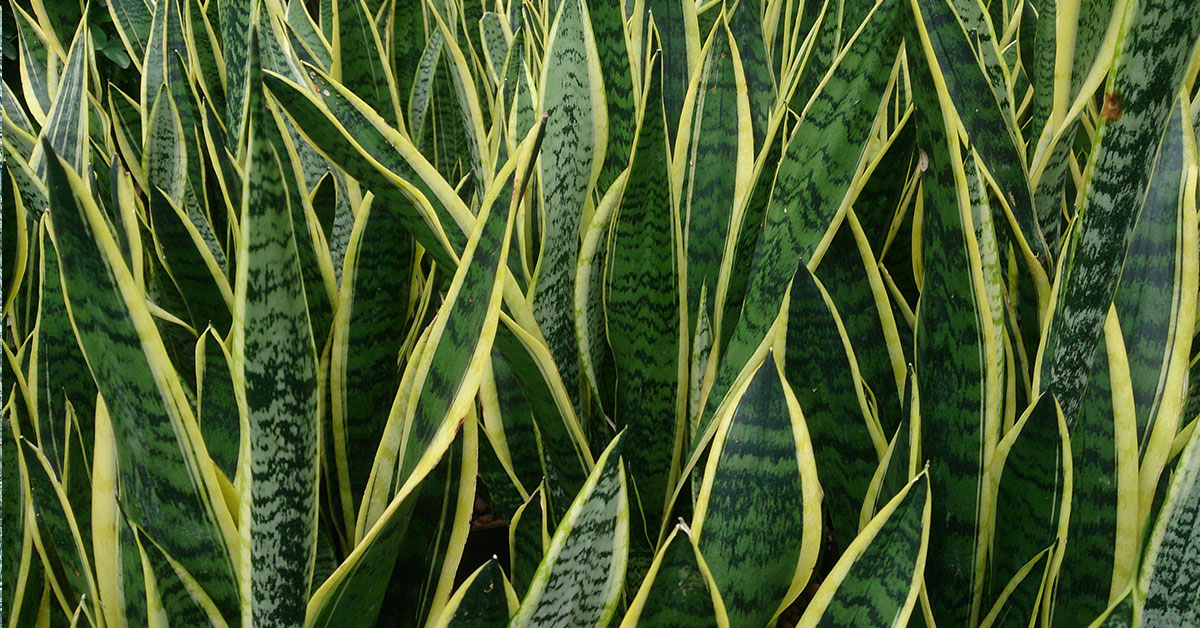Avocado trees, known for their luscious fruits and vibrant foliage, are a popular choice among gardeners and homeowners alike. However, to ensure optimal growth and a bountiful harvest, it is crucial to provide these trees with the right nutrients. This is where fertilizers play a pivotal role. Choosing the best fertilizer for avocado trees can be a daunting task, considering the plethora of options available in the market.
In this article, we will delve into the world of avocado tree fertilizers, exploring the essential nutrients they require, the different types of fertilizers available, and ultimately, help you make an informed decision on the best fertilizer to nourish and enhance the growth of your avocado trees.
Do Avocado Trees need to be fertilized?
Avocado trees benefit from regular fertilization, especially while they’re young. Fertilizing helps provide the necessary nutrients for healthy growth and fruit production. Avocado trees have specific nutrient requirements, including nitrogen, phosphorus, potassium, and micronutrients like zinc and iron. It is essential to choose a balanced fertilizer specifically formulated for avocado trees or use a slow-release fertilizer.
Fertilizing should be done during the growing season, typically in spring and summer, following the instructions on the fertilizer package. However, it is important not to over-fertilize, as excessive amounts can lead to salt buildup in the soil, causing damage to the tree. Regular soil testing can help determine the specific nutrient needs of your avocado tree.
The best fertilizer for Avocado Trees
The best fertilizer for growing avocado trees is one that is specifically formulated for fruit trees or citrus trees. Avocado trees have unique nutrient requirements, so it’s important to choose a fertilizer that provides the necessary nutrients in the right proportions.
Look for a fertilizer with a balanced NPK ratio, such as 10-10-10 or 14-14-14, which means it contains equal amounts of nitrogen (N), phosphorus (P), and potassium (K). Avocado trees also benefit from additional micronutrients like magnesium, iron, zinc, and manganese, so consider a fertilizer that includes these as well.
Organic fertilizers are a great option for avocado trees, as they release nutrients slowly and improve soil health. Look for organic fertilizers that contain composted poultry manure, bone meal, kelp meal, or fish emulsion.
When applying fertilizer to avocado trees, follow the instructions on the package for the correct dosage and frequency. It’s generally recommended to fertilize avocado trees three times a year – in early spring, early summer, and early fall. Be sure to water the tree thoroughly after applying fertilizer to help nutrients penetrate the root zone.
Remember, while fertilizers are important for healthy growth, it’s also crucial to provide proper irrigation, sunlight, and soil conditions for avocado trees to thrive.
When to fertilize Avocado Trees
The ideal time to fertilize avocado trees is in the early spring, just before new growth begins. This allows the tree to take advantage of the nutrients as it starts to produce new leaves and flowers. It’s important to avoid fertilizing avocado trees during the winter months when they are dormant, as this can stimulate growth at a time when the tree should be resting.
Additionally, it’s a good practice to split the total amount of fertilizer into multiple applications throughout the growing season, rather than applying it all at once. This helps to ensure a steady supply of nutrients for the tree’s growth and development.
Common issues with fertilizing Avocado Trees
When fertilizing avocado trees, several common issues or problems can arise. Here are a few:
- Nutrient imbalances: Avocado trees require a balanced supply of essential nutrients. Over-fertilizing or using the wrong type of fertilizer can lead to nutrient imbalances. Excessive nitrogen, for example, can promote vegetative growth at the expense of fruit production.
- Salt accumulation: Avocado trees are sensitive to salt buildup in the soil. Fertilizers high in salts, such as potassium chloride, can cause salt accumulation over time. This can lead to leaf burn, reduced growth, and even tree decline if not addressed.
- Root burn: Applying fertilizer directly to the base of the tree or in concentrated amounts can cause root burn. This can happen when the fertilizer comes into direct contact with the roots, leading to root damage and reduced nutrient uptake.
- Environmental impact: Overuse or improper application of fertilizers can have negative environmental consequences. Excessive fertilizer runoff can contaminate water bodies, leading to water pollution and harmful algal blooms.
- pH imbalance: Avocado trees prefer slightly acidic to neutral soil pH levels (around 6 to 7). Using fertilizers that are not pH balanced can alter the soil pH, making it too acidic or alkaline. This can affect nutrient availability and hinder the tree’s overall health and productivity.
To avoid these issues, it is important to follow proper fertilization practices. Conduct soil tests to determine nutrient deficiencies or imbalances, choose a balanced fertilizer specifically formulated for avocado trees, apply fertilizers evenly and at the recommended rates, and consider organic or slow-release fertilizers to minimize the risk of nutrient burn and salt accumulation. Regular monitoring of the tree’s health and adjusting fertilization practices accordingly will help maintain optimal growth and fruit production.
